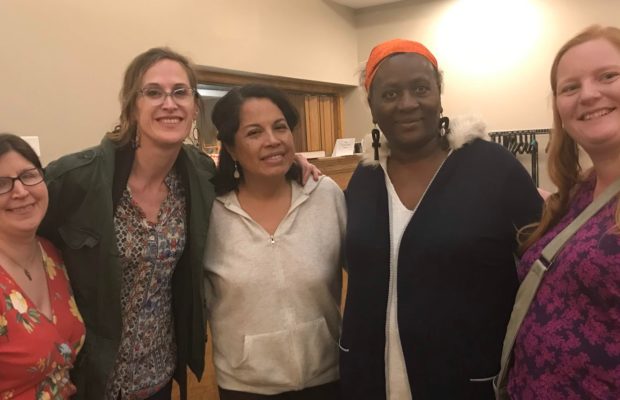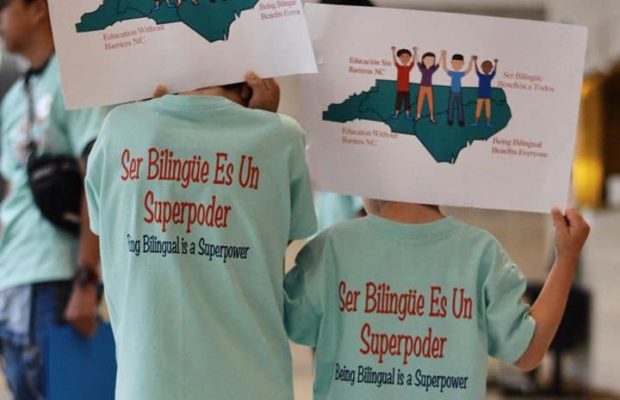North Carolina’s efforts to provide a sound basic education for every child date back to the 1868 State Constitution requiring the General Assembly to provide “a general and uniform system of public schools, wherein tuition shall be free of charge to all of the children of the State.”
While several reforms have been made over the ensuing years, the state has struggled to fulfill its educational commitment for all its children, leading to the Leandro v. State case in 1994. The 1997 Supreme Court decision unanimously affirmed that the North Carolina constitution guarantees every child of the state “an opportunity to receive a sound basic education” that provides students with sufficient:
- Mastery of English, mathematics, and physical science “to enable the student to function in a complex and rapidly changing society”;
- Knowledge of geography, history, economics, and political systems to make informed choices within the democratic system; and
- Academic and vocational skills to engage in and succeed in postsecondary education or vocational training.
Over subsequent years, court orders have required the state to:
- Set a high bar for the achievement level that would demonstrate a sound basic education
- Fund preschool programs for at-risk 4-year-olds
- Support low-performing schools
WestEd Action Plan for North Carolina: Summarizing the Report
 Justice Circle
Justice Circle 

